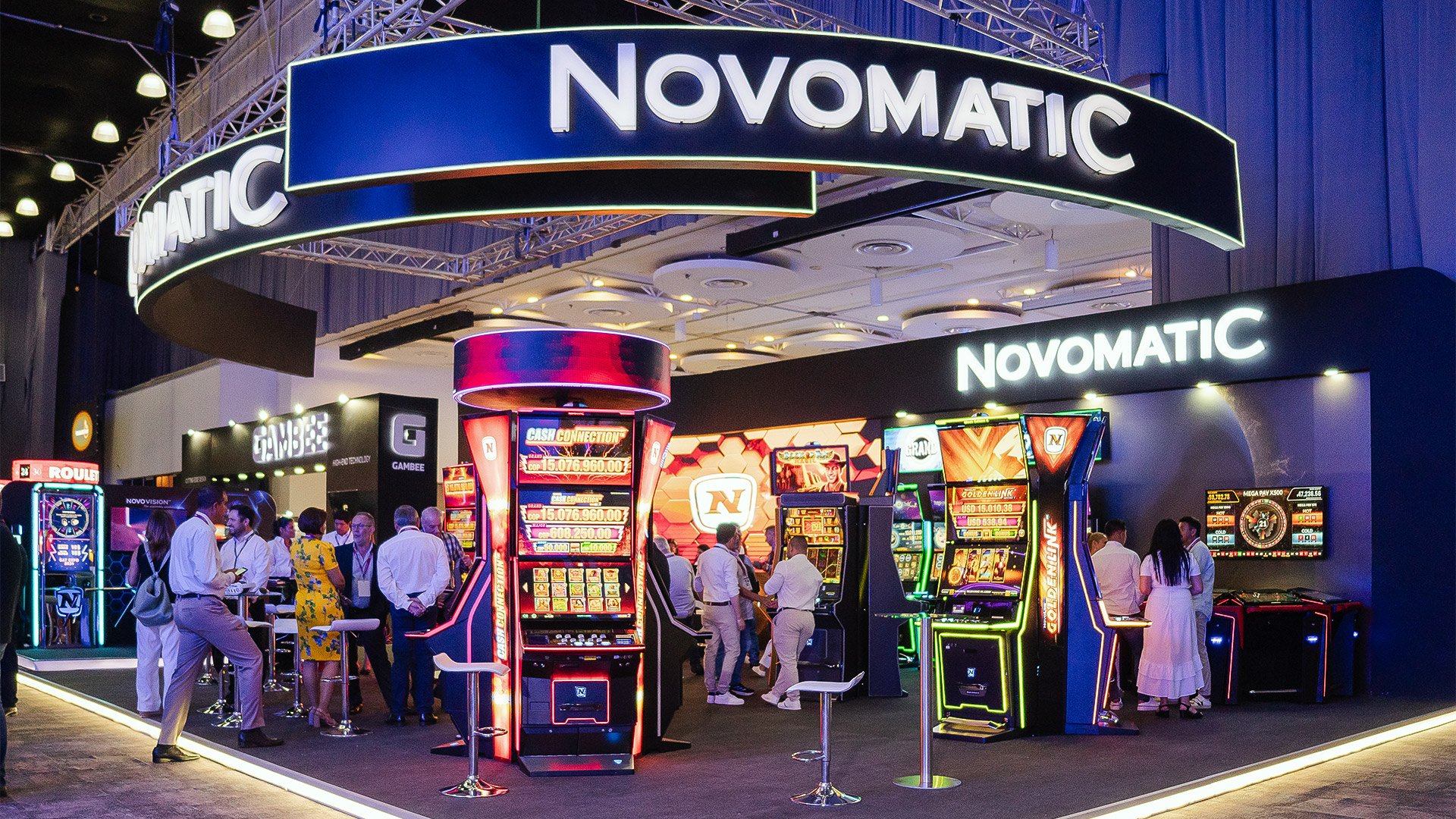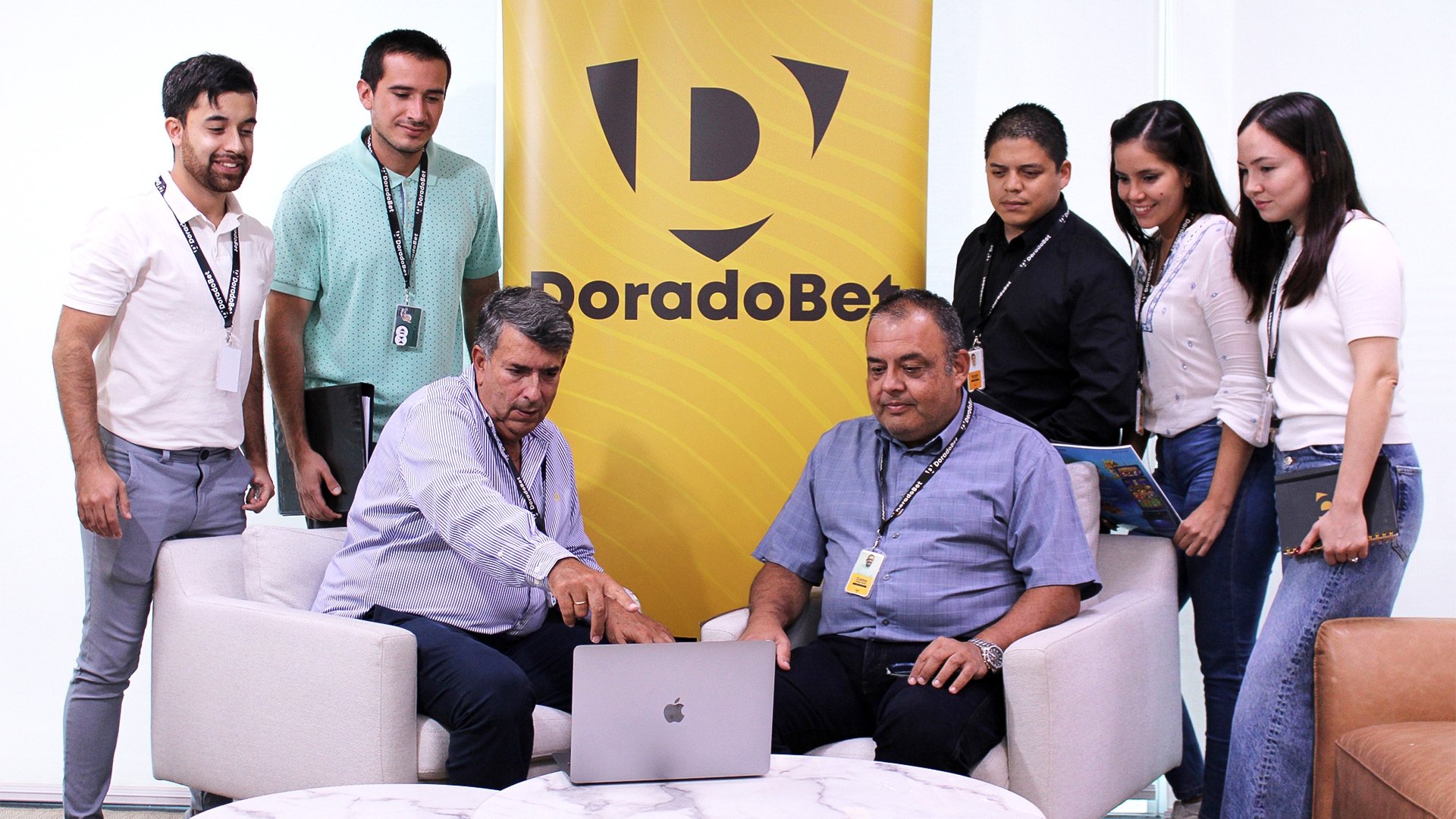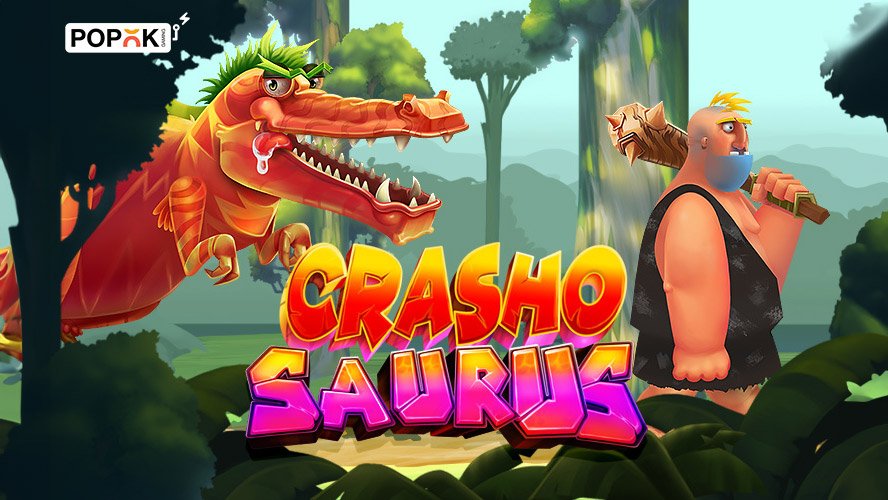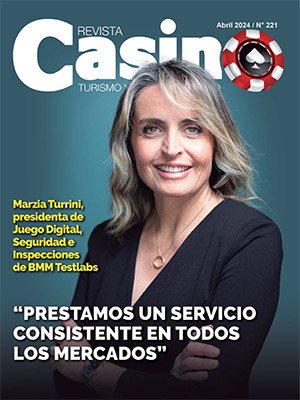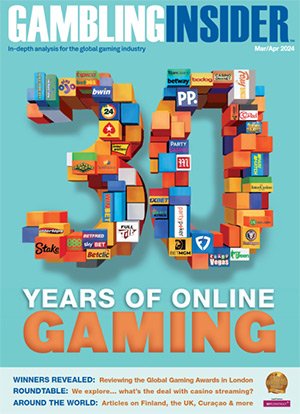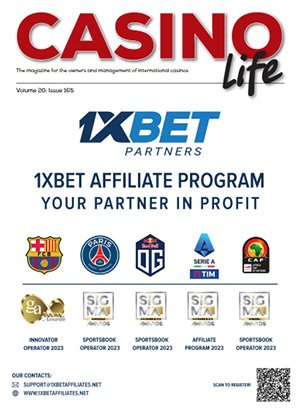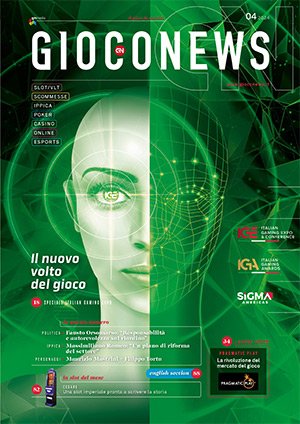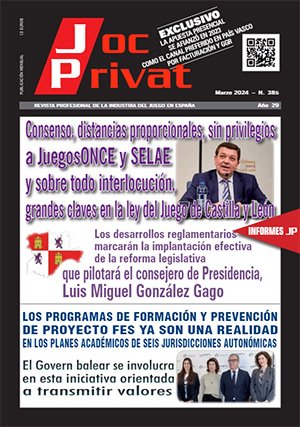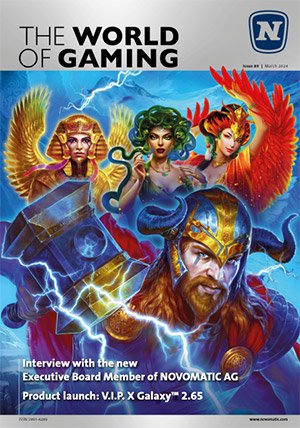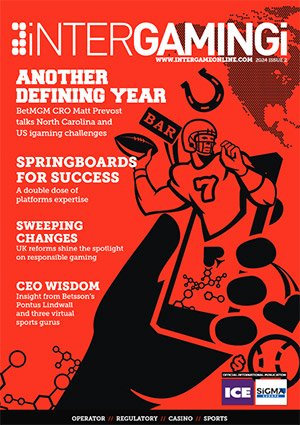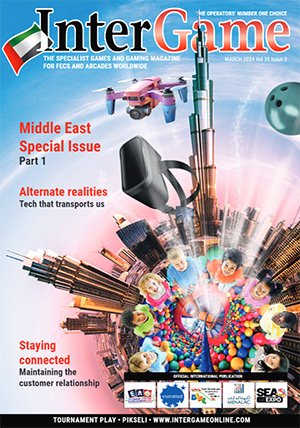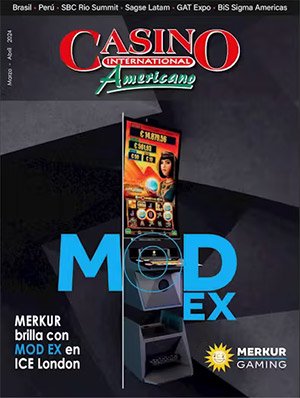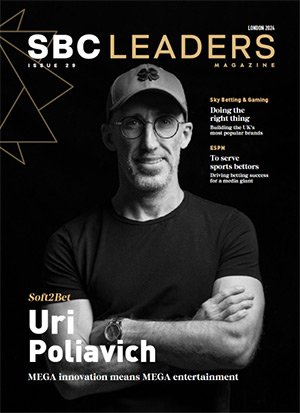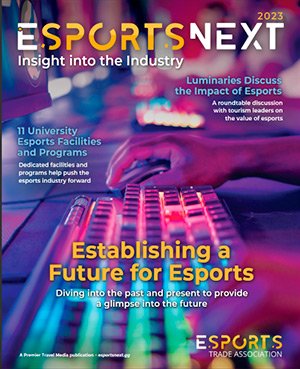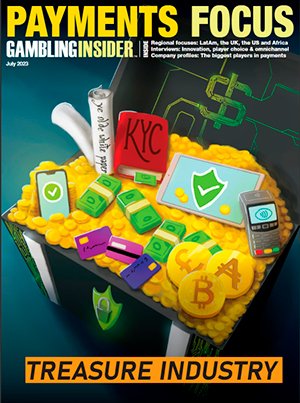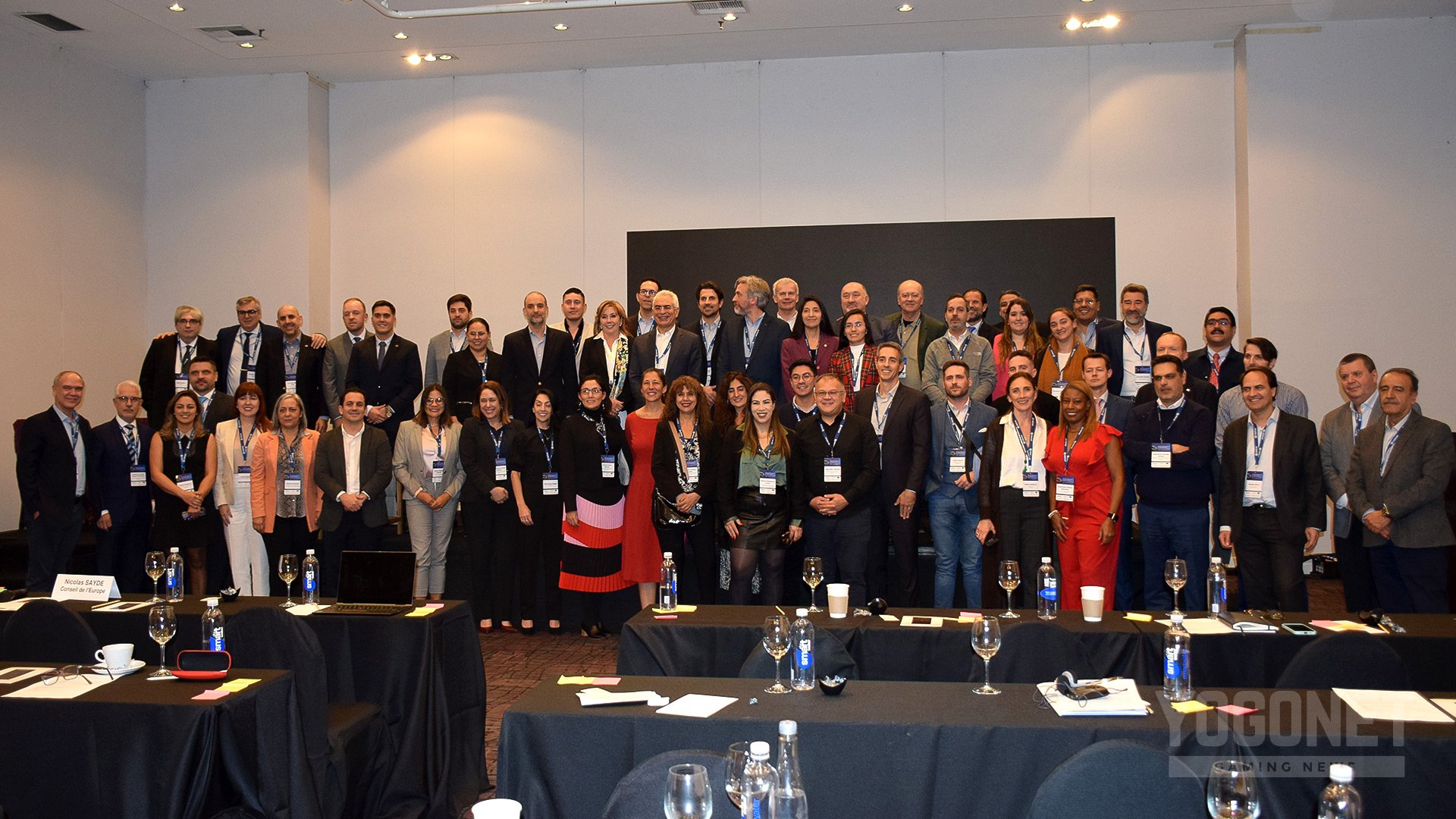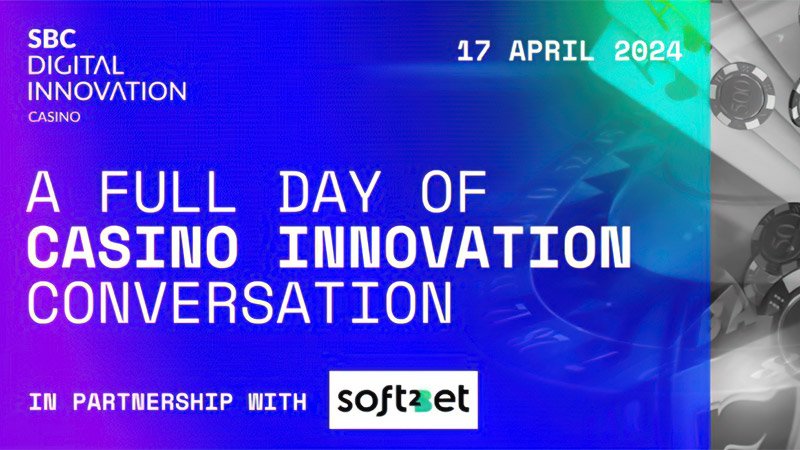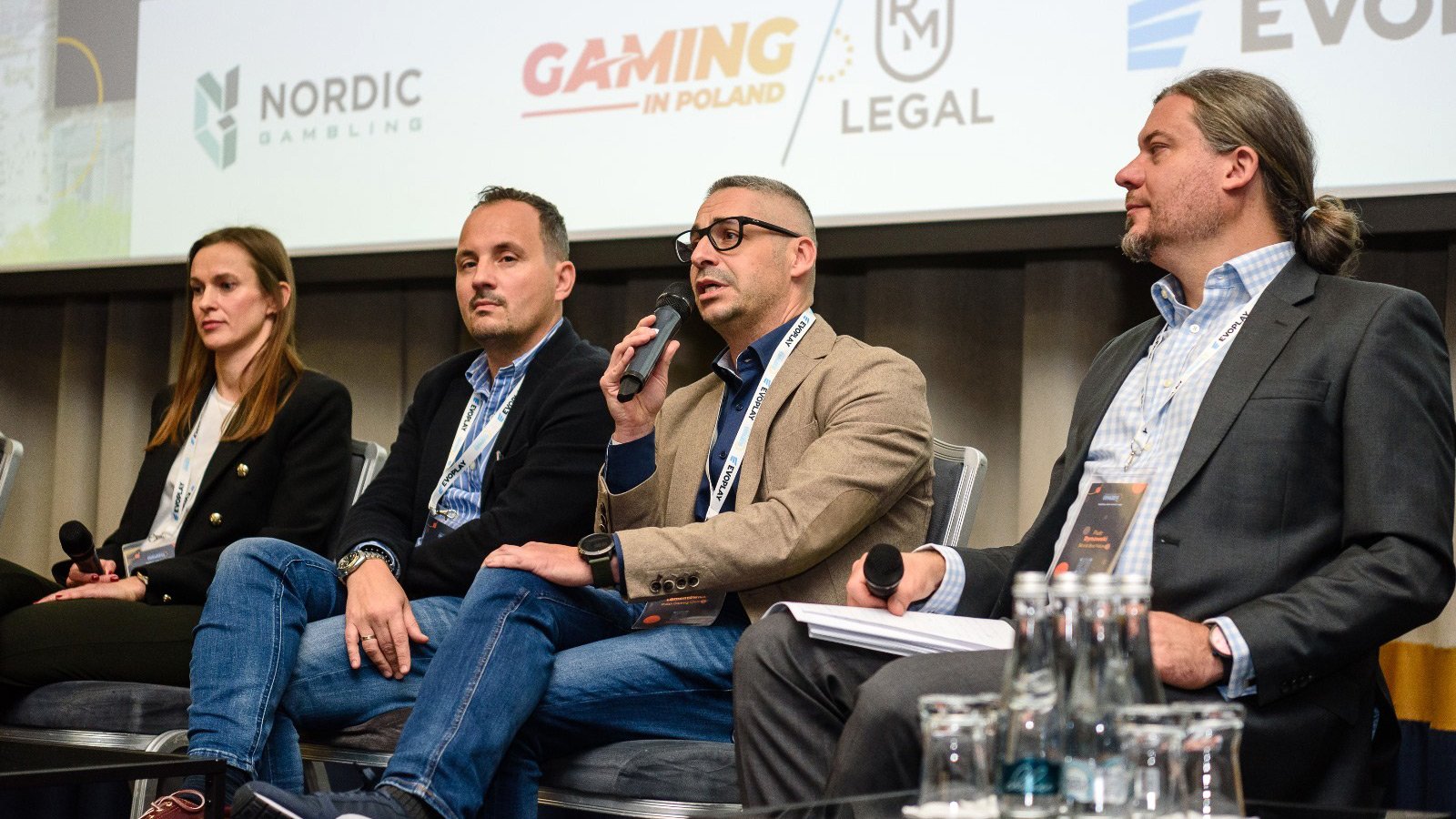How IoT is set to transform the online gambling industry
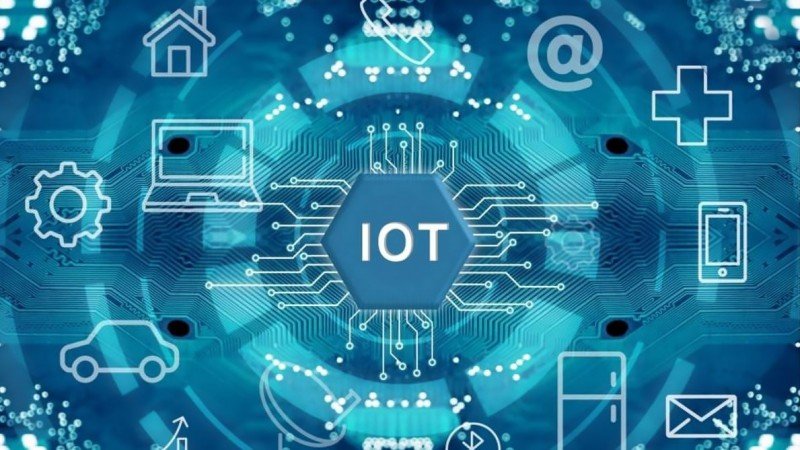
Ron Mendelson is the Director of Costa-Rica based International Business & Corporate Services consultancy firm, Fast Offshore. With over 24 years of real-world experience in iGaming Licensing and Payments, Regulatory Compliance, Tax-Efficient Corporate Structuring, Incubator and other Hedge Fund Licenses, Blockchain and Cryptocurrency related services, he advises a number of international clients on their business needs in the Americas, Europe, and beyond.
The Internet of Things is a technology that has garnered a lot of interest in recent years. It has been adopted into various industries and found synergy with AI, cryptocurrency, and blockchain. In other words, it’s grown from something theoretical into a system that is having a tremendous impact on multiple verticals.
By 2027, it’s estimated there will be 41 billion IoT devices in use, with 127 devices added every single second. Connected devices can include mobiles, computers, watches, cameras, heaters, and smart devices. Speaking of cars, some $100 billion were invested in the research and deployment of autonomous cars. This could mean that up to 70% of all cars are connected to the internet.
Great, right? But what exactly is IoT, and how is it developing the online gambling sector?
Definition of IoT
The Internet of Things refers to a digital network of objects connected via the internet. These devices typically have software and sensors tailored to connectivity and exchange of information with other devices over an internet connection. For example, IoT is widely used in the “smart home” concept. Devices and appliances like fridges, televisions, sound systems, lights, alarms, thermostats, and more can be connected and controlled by associated devices. A smartphone, or smart speaker, can be used to switch things on and off, set timers, or carry out other functions.
Its application in online gambling
IoT has started to find its way in the gambling world as well. The technology can allow online players to play with, and at the same time as players in, a brick-and-mortar casino, simply linking them by the internet. It can also link users who are playing remotely, not just those in a physical casino. In the age of COVID-19, this has particularly prominent potential.
Additionally, it can increase the amount of analytical data gathered on individual players, enabling a greater level of personalization. IoT can analyze how a player plays on all their connected devices, allowing the operator to create a custom-made space full of games, themes, and offers especially for them. This cross-over between IoT, AI, and Big Data will change how operators service their players.
Players will also be able to place bets, make deposits, withdraw funds, and check sports betting odds via their smart devices. For example, while cooking dinner, a user could place a wager on an upcoming eSports tournament, or play a hand of poker! They could also withdraw winnings to their bank account with one sentence.
When combined, these possibilities will create a very advanced gambling environment. Games will become more high-tech and will include elements of VR and AR. Access to the game, what’s in the game, and how the player plays will be controlled via voice and IoT devices. Also, micropayments will be executed via voice command.
Legal considerations
If you are an online gambling startup or an already existing online casino, it may have crossed your mind to incorporate IoT into operations. Right now, there are no particular legislations or licenses required to use this technology. You just need your online gambling license and any other licenses or permissions required by your jurisdiction.
Some countries, such as Malta, are developing regulatory frameworks for AI. Therefore, if you are using AI in conjunction with IoT, you may have to meet some requirements. This applies to other technologies like cryptocurrency and blockchain as well.
The Internet of Things is here to stay. Many of us probably use and interact with such devices on a daily or weekly basis. The market itself is expected to exceed $1.1 trillion in spending by 2023, $115 billion of which will be consumers buying smart home systems. Being able to connect with these customers and their devices provides gambling companies with incredible benefits. It also means you can offer your clients a better service and stay ahead of the curve.
While Fast Offshore is not an expert in IoT networks and micropayments, we can help you start up a company that uses them. We take care of all corporate matters, including company incorporation, acquiring gaming licenses, tax optimization, and compliance. We can also partner you with payment providers, open a settlement account for you, and take care of ongoing maintenance ensuring you operate legally and ethically.




